Tags
1735, animals, berries, Central America, chocolate, corn, eggs, Englishman, fowl, gold, Honduras, honey, India, insects, Isthumus of Panama, Jamaica, John Cockburn, lizards, London, map, Mayans, milk, Nicholas Withington, Panama, Pedor Poleas, pirates, plantains, San Pedro Sula, San Salvador, Spaniards, tobacco, travel narrative, vegetation
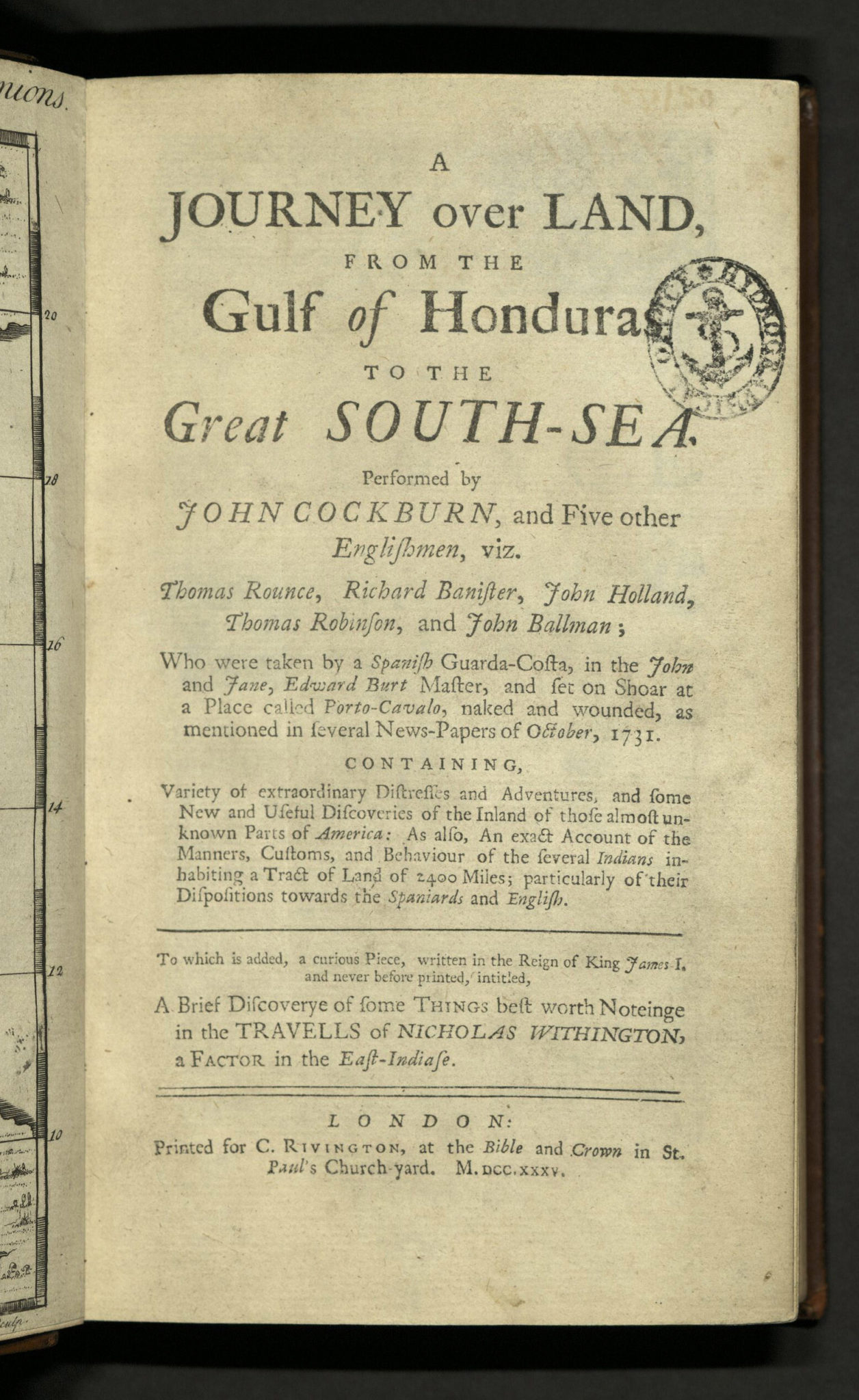
There needs no Apology in Behalf of Books of this Nature; they have, at all times, been favourably received, and never rejected, but upon plain and undeniable Conviction of Insincerity. They agreeably amuse, and usefully instruct; and are consequently relished by Readers of every sort. They are pleasing to those, who, at every turn, would be surprised with extraordinary Events, unexpected Accidents, and miraculous Deliverances; and acceptable to those, who, moving in a loftier Sphere, are desirous of converting all they know to public Use; and these, regardless of what the former most admire, are particularly sollicitous after Descriptions and Accounts of Persons, Places and things. — from the preface, A Journey Over Land
A Journey Over Land: From the Gulf of Honduras to the Great South-Sea…
John Cockburn
London: Printed for C. Rivington, at the Bible and Crown in St. Paul’s Church-yard, M.DCC.XXXV (1735)
First edition
F1431 C66 1735
This narrative, so fantastic, was long considered to be a work of fiction pretending to be fact. John Cockburn tells a tale of extraordinary and harrowing adventure, beginning when he and his crew were overtaken off the coast of Jamaica by another ship, “…mostly Spaniards, and commanded by Captain Johnson the Pirate, an Englishman, and Pedor Poleas a Spaniard” in 1730. The surviving crew escaped from jail in San Pedro Sula in Honduras, crossed the Isthmus to San Salvador and traveled to Panama overland.
“This was the first setting out of a Journey, as we computed, through an unknown Tract of Land, (at least to us) which took us up ten Months, and I may say some times proved insupportable; for we were all the while exposed to many Dangers, and underwent many Hardships, as was possible for human Nature to sustain.” In his book, Cockburn described vegetation; animals; insects; and wrote short but vivid stories about the governments, dress, characteristics and customs of the descendants of the great Mayan empire and other native peoples (many of whom were at war with each other).
Cockburn mentions food, because it was so scare, continually, writing about corn (“Turtillias,” “Tamawlas”), plantains, fowl, berries, lizards, milk, honey, eggs, and “At last, we spy’d a Lady, in one House, very well dressed, to whom we went and begg’d her Charity. She presently made Chocolate, giving us plentifully of it, which was more acceptable to us at that Time, than Gold…”
Tobacco was second only to chocolate in its desirability: “These Gentlemen gave us some Seegars to smoke, which they supposed would be very acceptable. These are Leaves of Tobacco rolled up in such Manner, that they serve both for the Pipe and Tobacco itself. These the Ladies, as well as Gentlemen, are very fond of Smoking.”
The book was re-printed many times. A folding map depicts Central America and the Isthmus of Panama.
The edition is appended with A Briefe Discoverye of Some Things best worth Noteing in the Travells of… a popular travel narrative by Nicholas Withington, who arrived in India in 1612.

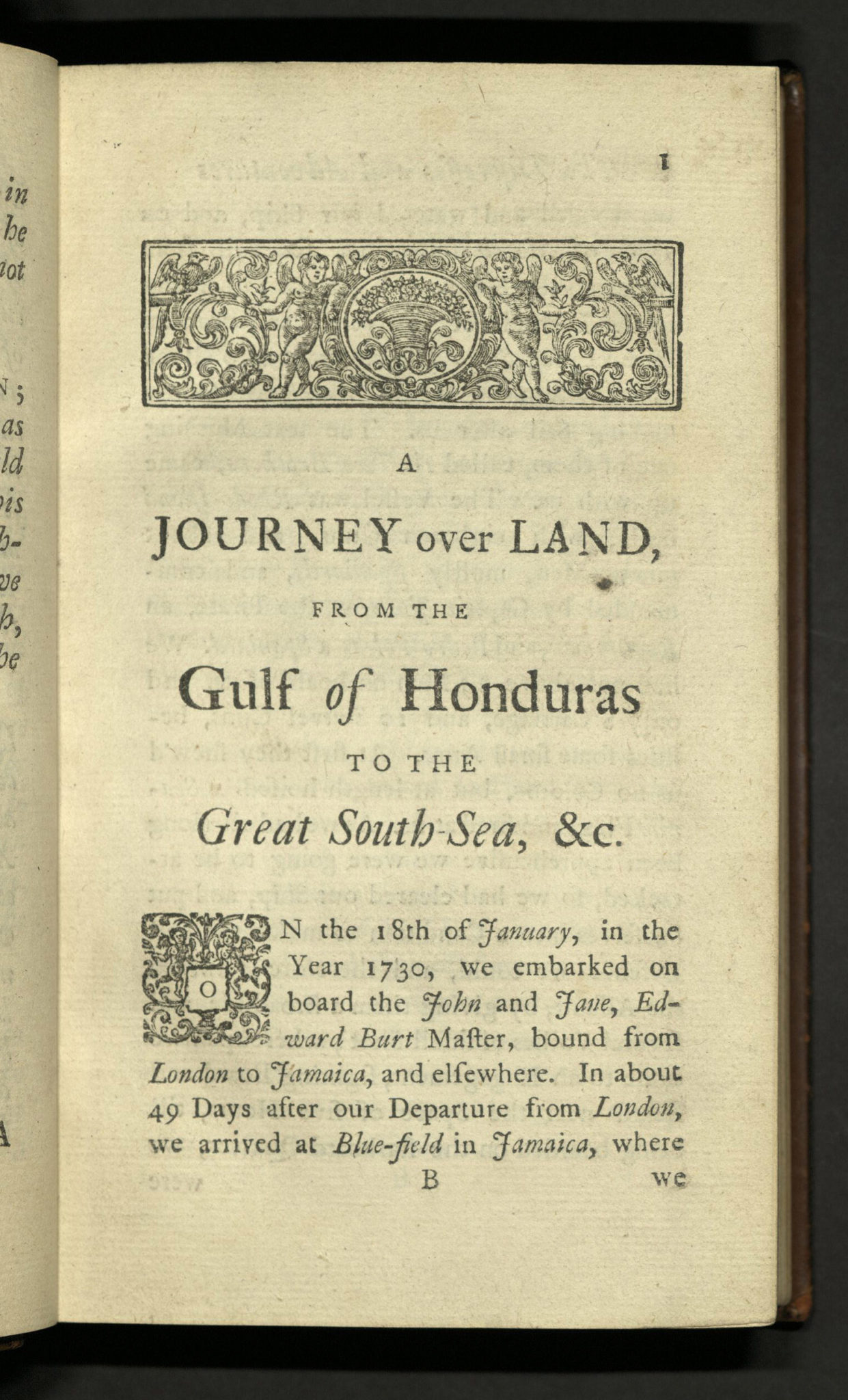
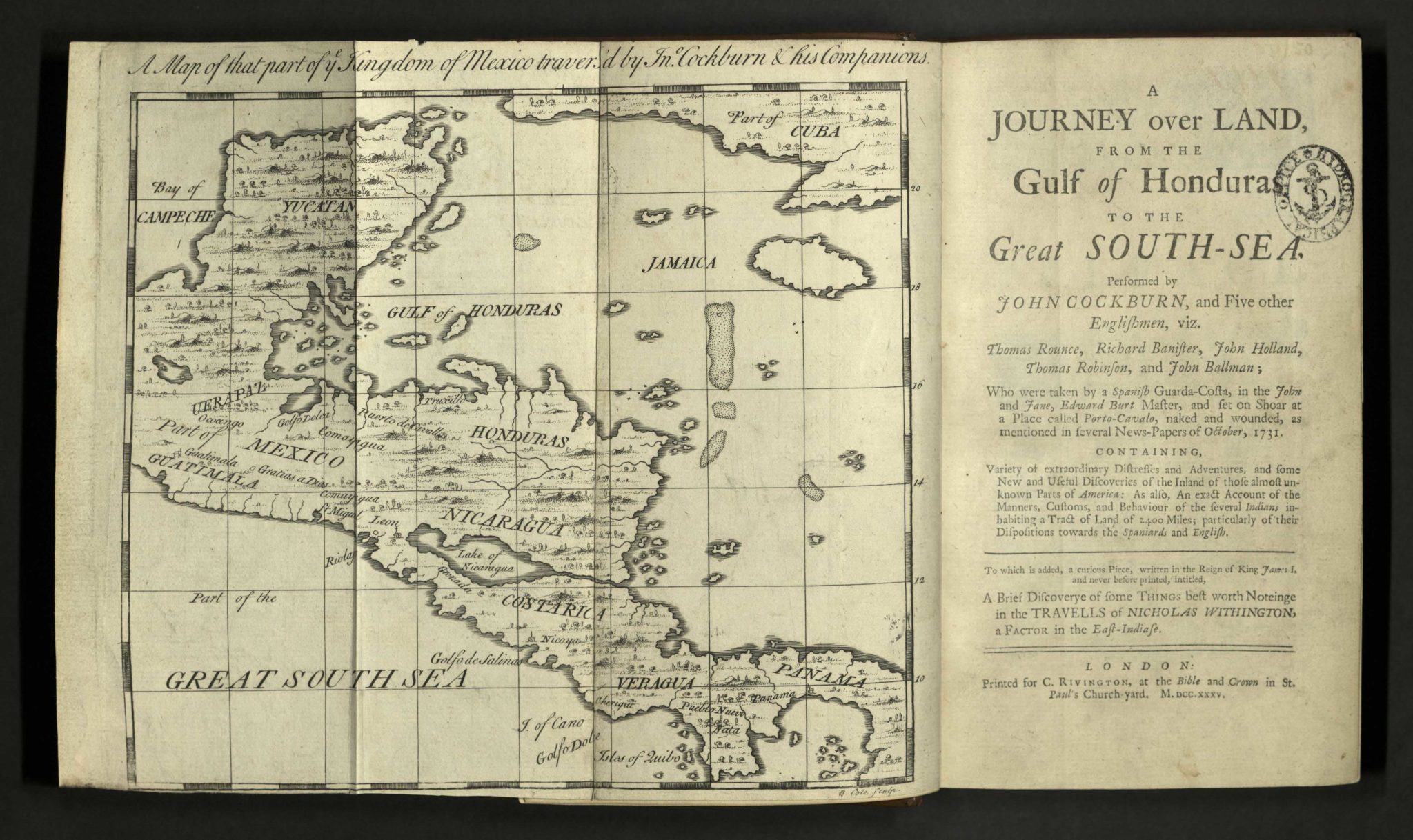
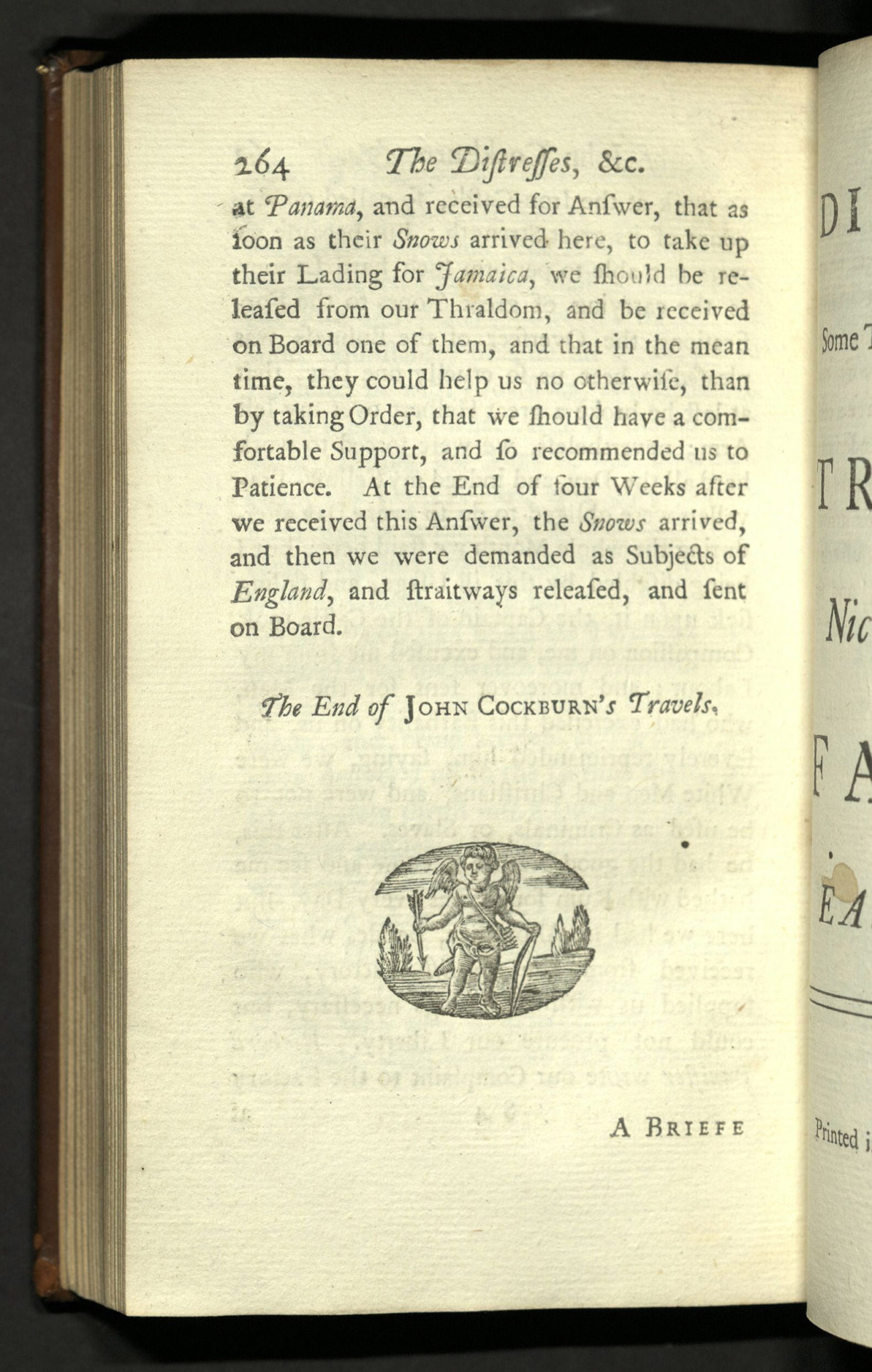
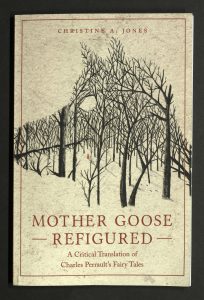
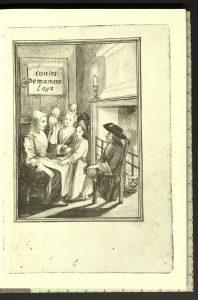
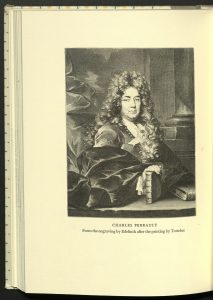
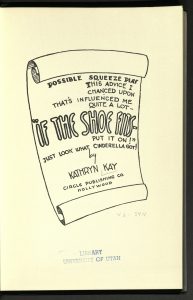
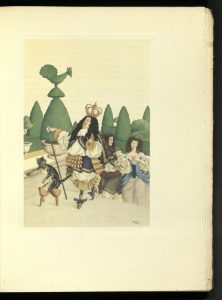
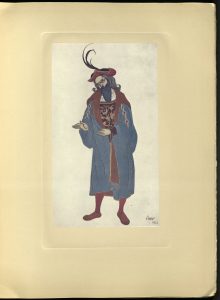
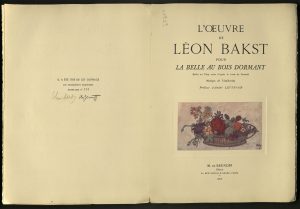
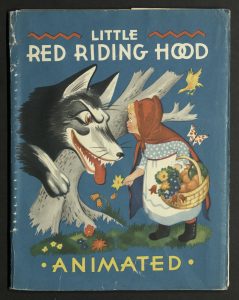
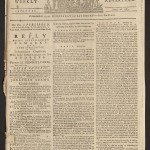
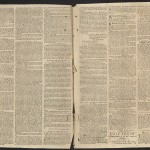
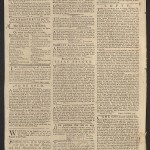
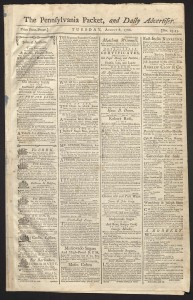
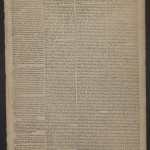
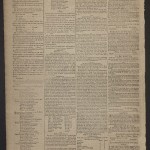
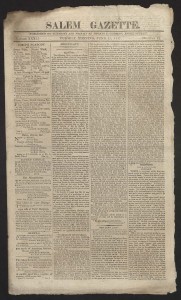
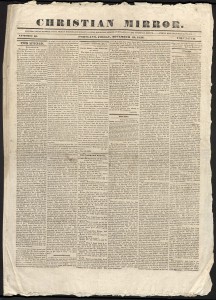

You must be logged in to post a comment.